The great outdoors offers countless adventures, from peaceful nature walks to heart-pounding extreme sports. Yet with so many options available, choosing the right activity can feel overwhelming. Your personality—your unique blend of traits, preferences, and natural tendencies—provides the perfect compass for navigating the wilderness of outdoor pursuits. By aligning your next adventure with your personality type, you can ensure not just enjoyment but a deeper connection with the experience. Whether you’re naturally drawn to solitude or socialization, structured activities or spontaneous exploration, there’s an outdoor thrill perfectly matched to your temperament. This guide will help you discover which adventures will resonate most with your personal traits, making your outdoor experiences more fulfilling and meaningful.
Understanding How Personality Shapes Outdoor Preferences
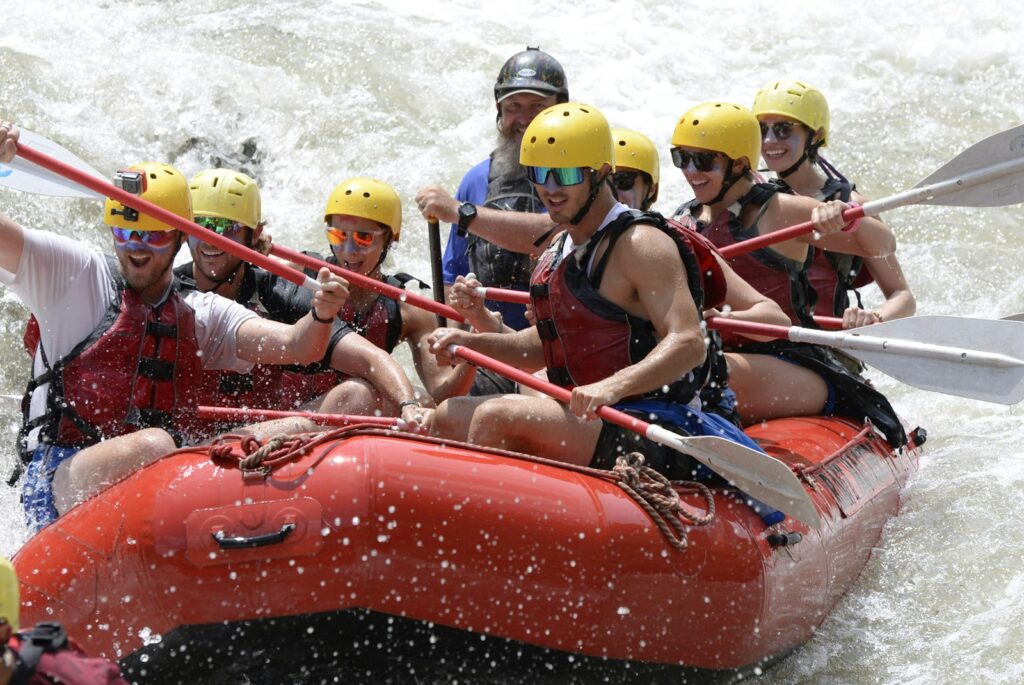
Your personality influences not just how you interact with others, but also the types of environments and activities that energize rather than drain you. Extroverts might thrive in group rafting expeditions where social energy fuels the adventure, while introverts might prefer the contemplative solitude of a solo backpacking journey. Beyond the introvert-extrovert spectrum, factors like your tolerance for risk, need for structure, competitive drive, and sensory preferences all play crucial roles in determining your ideal outdoor experience. Understanding these aspects of yourself isn’t limiting—it’s liberating, allowing you to choose activities that will genuinely resonate rather than those that might look impressive on social media but leave you feeling unfulfilled. The key is honest self-assessment: recognizing what genuinely excites you versus what you think should excite you.
The Thrill-Seeker: High-Adrenaline Adventures
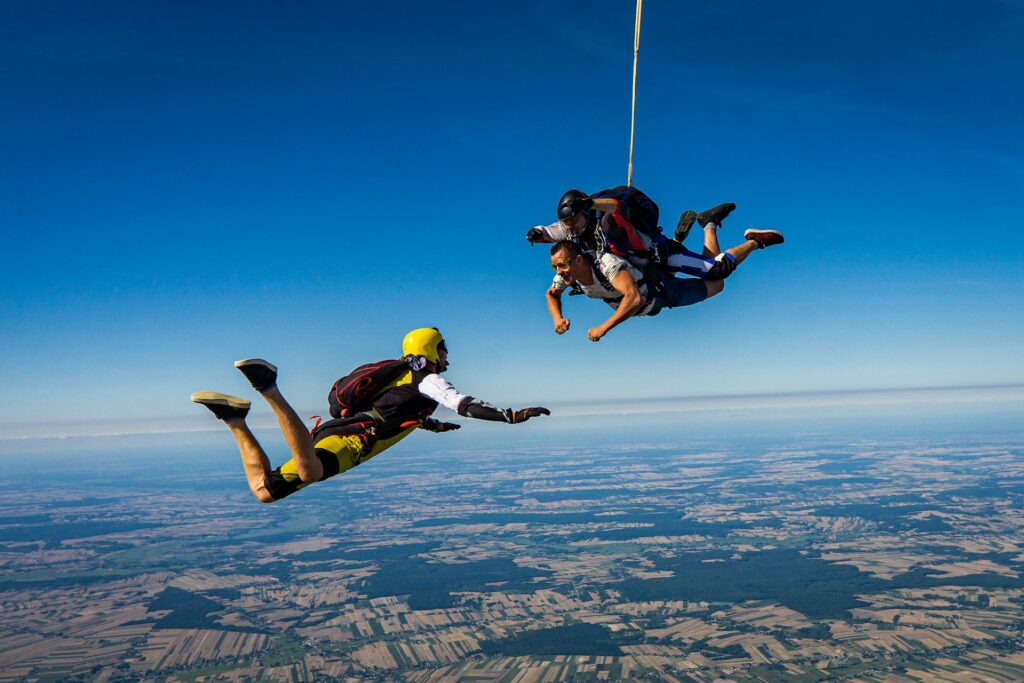
If you’re someone who thrives on adrenaline and isn’t satisfied unless your heart is racing, extreme sports will likely call to you. Skydiving offers perhaps the ultimate rush—the free-fall experience creates an intensity of feeling that few other activities can match, making it perfect for those who need to feel fully alive through controlled risk. Rock climbing similarly appeals to this personality type, offering both physical challenges and the psychological thrill of conquering heights and precarious positions. Whitewater rafting combines the adrenaline of navigating dangerous rapids with the unpredictability of natural water forces. The thrill-seeker personality typically has a higher-than-average dopamine response system, meaning you need more intense stimulation to feel satisfaction—understanding this biological tendency can help you choose activities that meet your neurological needs rather than leaving you feeling underwhelmed.
The Methodical Planner: Technical Outdoor Pursuits

Those who find satisfaction in mastering systems, techniques, and equipment will gravitate toward technically demanding outdoor activities. Technical mountaineering exemplifies this category, requiring meticulous planning, specialized equipment knowledge, and systematic risk management—all aspects that appeal to the detail-oriented personality. Wilderness navigation, whether through traditional map and compass methods or modern GPS systems, provides intellectual challenges alongside physical ones, perfect for those who enjoy problem-solving. Fly fishing similarly attracts methodical personalities with its emphasis on technique, understanding insect hatches, and reading water conditions. If you’re the type who enjoys researching gear specifications for hours and creating detailed itineraries, these activities will satisfy both your need for outdoor experiences and your love of mastery and precision.
The Contemplative Explorer: Mindful Outdoor Experiences

Some personalities seek not thrills but depth in their outdoor experiences—connection rather than conquest. If you’re naturally contemplative, activities that allow for mindful immersion in nature will resonate most strongly. Solo backpacking offers unparalleled opportunities for reflection, with the rhythm of walking creating a meditative state enhanced by changing landscapes and solitude. Wildlife photography combines patience, observation, and artistic expression, rewarding those who can remain present and attentive for long periods. Wilderness meditation retreats formalize this connection between nature and inner experience, creating structured opportunities to develop mindfulness while surrounded by natural beauty. For the contemplative explorer, the “thrill” comes not from adrenaline but from moments of profound connection and insight that nature uniquely facilitates.
The Community Builder: Social Outdoor Adventures
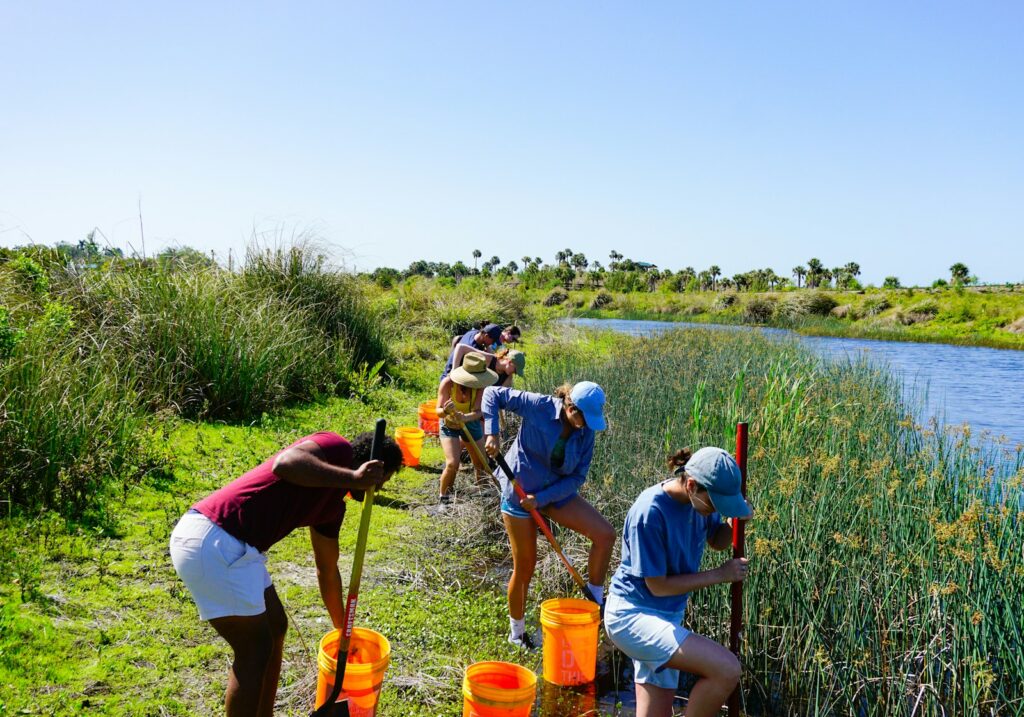
If your energy comes from connection with others and shared experiences, group-oriented outdoor activities will provide the most satisfaction. Guided expedition treks create instant communities of like-minded adventurers, offering both the challenges of outdoor exploration and the rewards of forming bonds through shared challenges. Volunteer conservation projects combine meaningful environmental work with team collaboration, appealing to those who want their outdoor time to have purpose beyond personal enjoyment. Group camping trips allow for customizable levels of adventure while maintaining the social core that energizes community-oriented personalities. The key for social adventurers is finding the right balance—activities challenging enough to create meaningful shared experiences but accessible enough that the group dynamic remains positive rather than strained by differing ability levels.
The Achiever: Goal-Oriented Outdoor Challenges
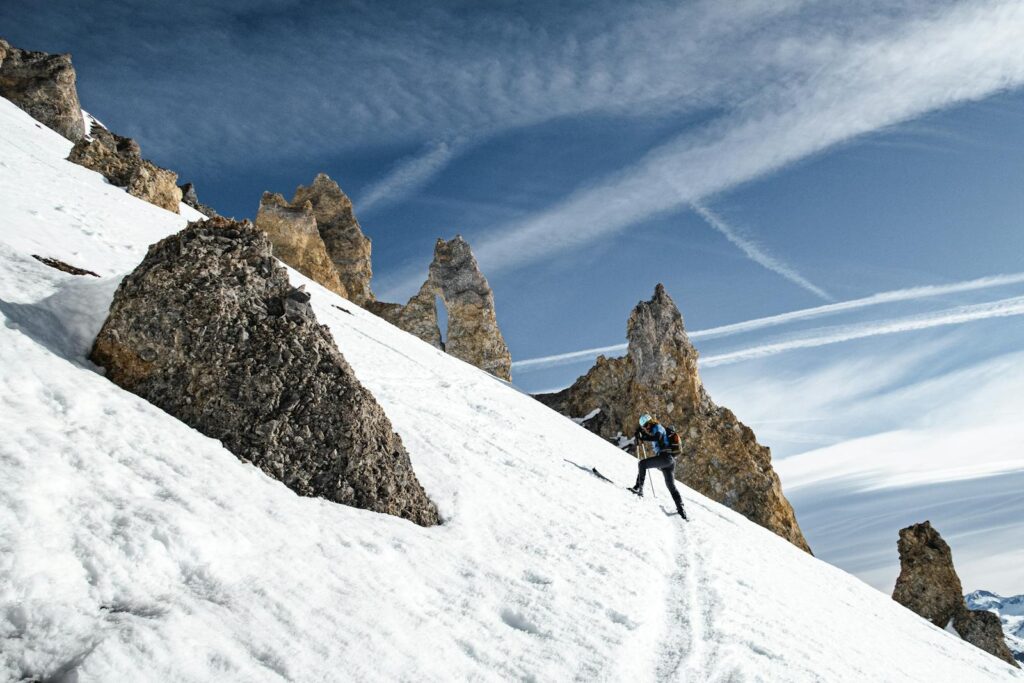
Some personalities are fundamentally driven by achievement, finding satisfaction in concrete accomplishments and measurable progress. If you identify with this trait, look for outdoor activities with clear benchmarks and end goals. Summit climbing appeals strongly to achievers, offering literal peaks to conquer and clear success metrics. Long-distance trails like the Appalachian or Pacific Crest provide the ultimate achievement framework—thousands of miles with a definitive beginning and end point. Competitive outdoor events such as adventure races or triathlons combine nature with the structured achievement framework of organized competition. The achiever personality benefits from selecting challenges that are genuinely difficult but attainable with proper preparation—too easy, and the accomplishment feels hollow; too difficult, and repeated failure can diminish motivation.
The Harmonizer: Balance-Seeking Outdoor Activities
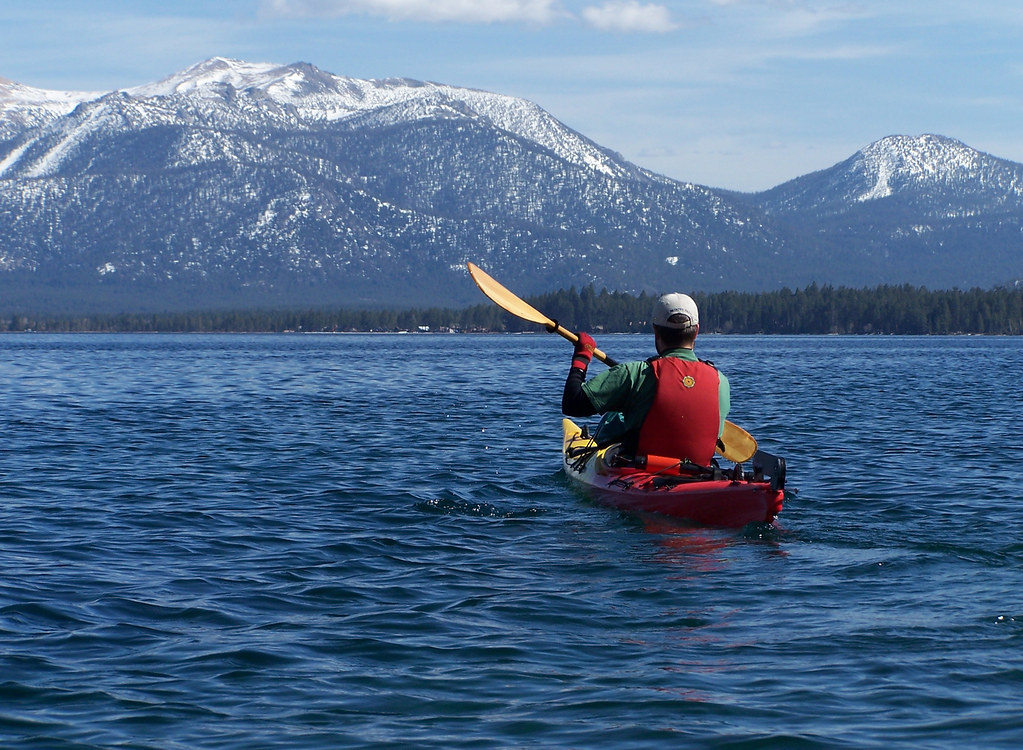
If you naturally seek balance and resist extremes, you’ll likely prefer outdoor activities that combine multiple elements rather than focusing intensely on one dimension. Multi-sport adventures like kayaking combined with hiking allow for varied experiences within a single outing, preventing boredom while not overwhelming with intensity. Glamping (glamorous camping) balances outdoor immersion with comfort, perfect for those who want nature connection without unnecessary hardship. Scenic bicycle touring offers physical challenge moderated by the ability to cover substantial distances comfortably, experiencing changing landscapes at a pleasant pace. Harmonizers should pay particular attention to how activities balance exertion with rest, social time with solitude, and challenge with comfort—the right mix of these elements creates the most satisfying experience for this personality type.
The Creative Spirit: Artistic Outdoor Endeavors

For those whose personality centers around creativity and expression, outdoor activities that incorporate artistic elements provide the most fulfilling experiences. Nature photography goes beyond simple documentation to capture landscapes, wildlife, or microenvironments through a personal aesthetic lens. Outdoor sketching or painting creates a unique connection to landscapes through careful observation and interpretation. Nature writing—whether poetry, journaling, or essay-writing—transforms external experiences into internal reflection and expression. Creative personalities often experience nature differently than others, noticing details, patterns, and juxtapositions that might be missed by those with different perceptual tendencies, making artistic pursuits not just additions to outdoor experiences but fundamentally different ways of engaging with the natural world.
The Knowledge Seeker: Educational Outdoor Experiences
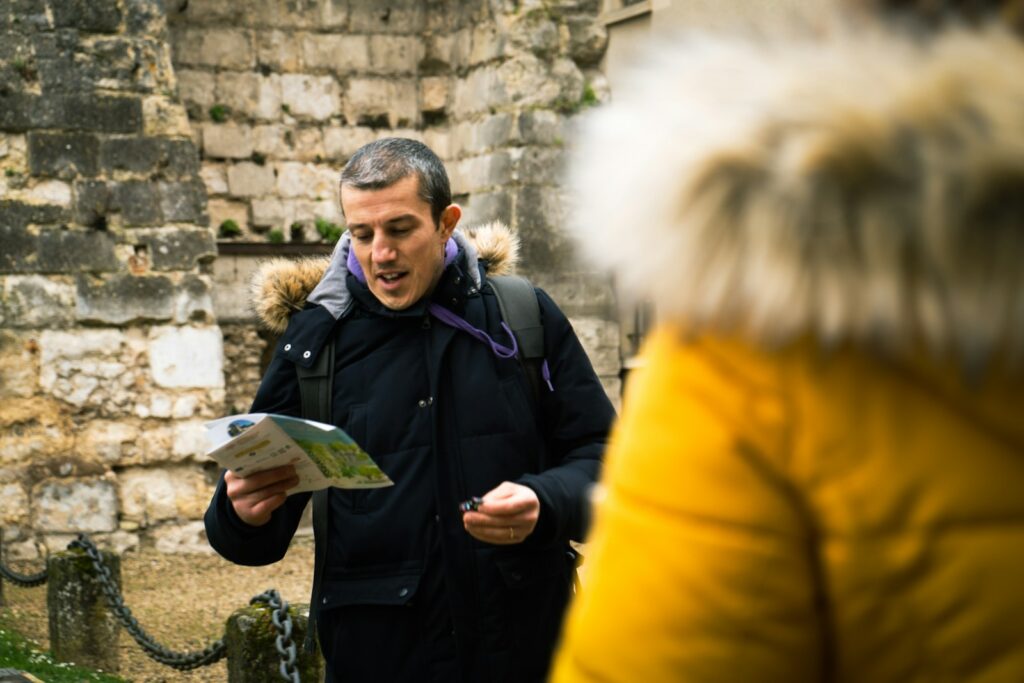
If you’re driven by curiosity and a desire to understand the world, educational outdoor activities will provide the intellectual stimulation that makes outdoor experiences truly satisfying. Guided naturalist hikes with expert leaders transform simple walks into fascinating explorations of ecosystems, plant identification, and wildlife behavior. Wilderness survival courses combine practical skills with deeper understanding of natural systems and human adaptability. Citizen science projects allow direct participation in ecological research, contributing to knowledge while gaining deeper insight into specific environments or species. For knowledge seekers, the thrill comes from those “aha” moments of understanding—realizing how geological features formed, recognizing plant relationships, or comprehending ecological relationships that would remain invisible without the knowledge framework these activities provide.
The Nurturer: Caretaking Outdoor Activities
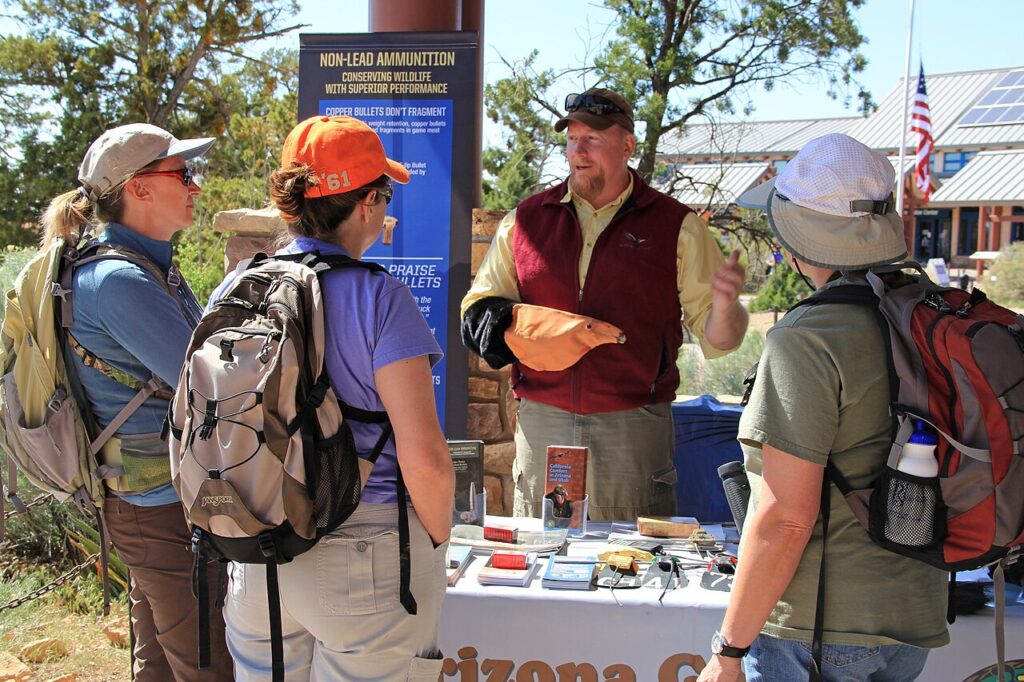
Those with nurturing personalities find greatest satisfaction in activities that involve caretaking, whether of environments, animals, or other people. Conservation volunteering provides direct hands-on opportunities to restore and protect natural spaces, from trail maintenance to habitat restoration. Animal tracking and wildlife monitoring satisfies both the desire to care for creatures and to understand their needs and behaviors. Teaching outdoor skills to novices, whether children or adults, combines the nurturing impulse with the satisfaction of sharing valued knowledge and experiences. Nurturers should look for activities with tangible positive impacts, as the satisfaction comes not just from being in nature but from knowing their presence has contributed to its wellbeing or to others’ appreciation of it.
The Traditionalist: Heritage Outdoor Skills
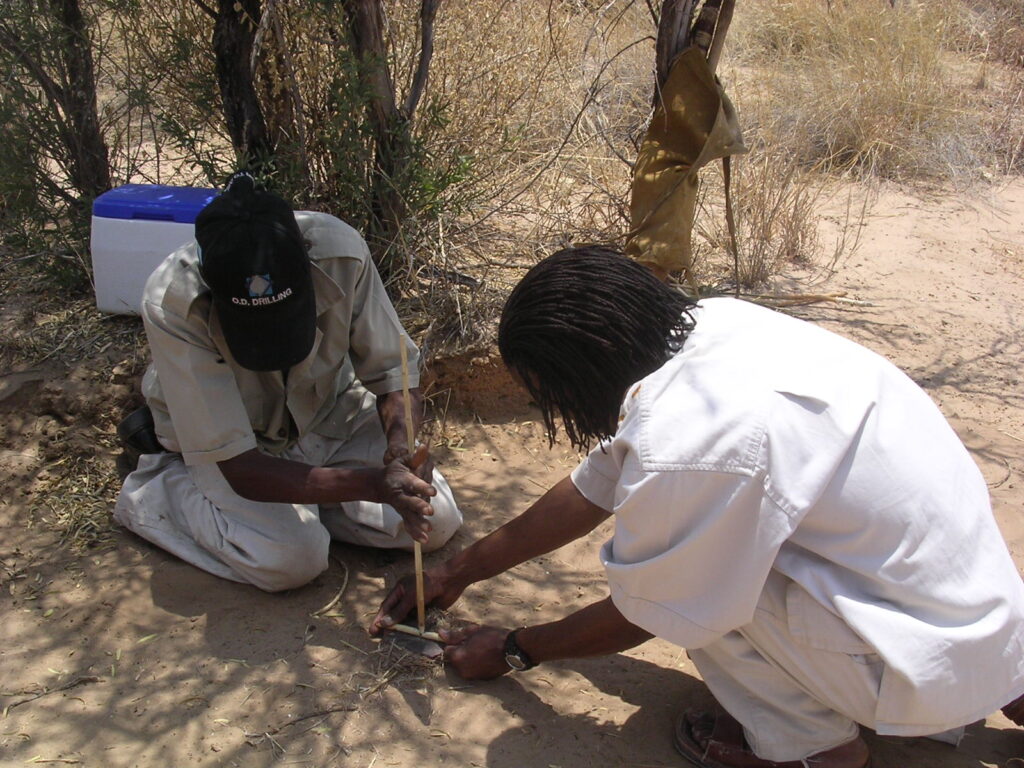
Some personalities value connection to history, tradition, and time-tested approaches, finding deepest satisfaction in activities that link to human heritage. Traditional bushcraft focuses on historical wilderness skills like fire-making without modern tools, shelter building with natural materials, and wild food foraging. Historical reenactment camping recreates the experiences of earlier explorers, pioneers, or indigenous peoples, using period-appropriate equipment and techniques. Traditional hunting or fishing with historical methods connects practitioners to both natural cycles and human cultural heritage. For traditionalists, the thrill comes from the sense of connection across time—knowing that their hands are performing the same actions, solving the same problems, and experiencing the same challenges as humans have for generations or even millennia.
The Comfort-Seeker: Accessible Outdoor Enjoyment

Not every personality thrives on challenge or rustic conditions, and there’s no shame in preferring comfort alongside your outdoor experiences. Luxury eco-lodges provide immersion in beautiful natural settings with amenities like comfortable beds, excellent food, and hot showers at day’s end. Scenic drives with strategically planned stops allow exploration of diverse landscapes without physical exertion beyond short walks. Day-trip adventures from comfortable home bases mean enjoying outdoor thrills while returning to familiar surroundings each evening. The comfort-seeker shouldn’t feel pressured to endure unnecessary hardship—the goal is finding activities that provide genuine connection to nature while honoring personal needs and preferences.
How to Test and Refine Your Outdoor Personality Match
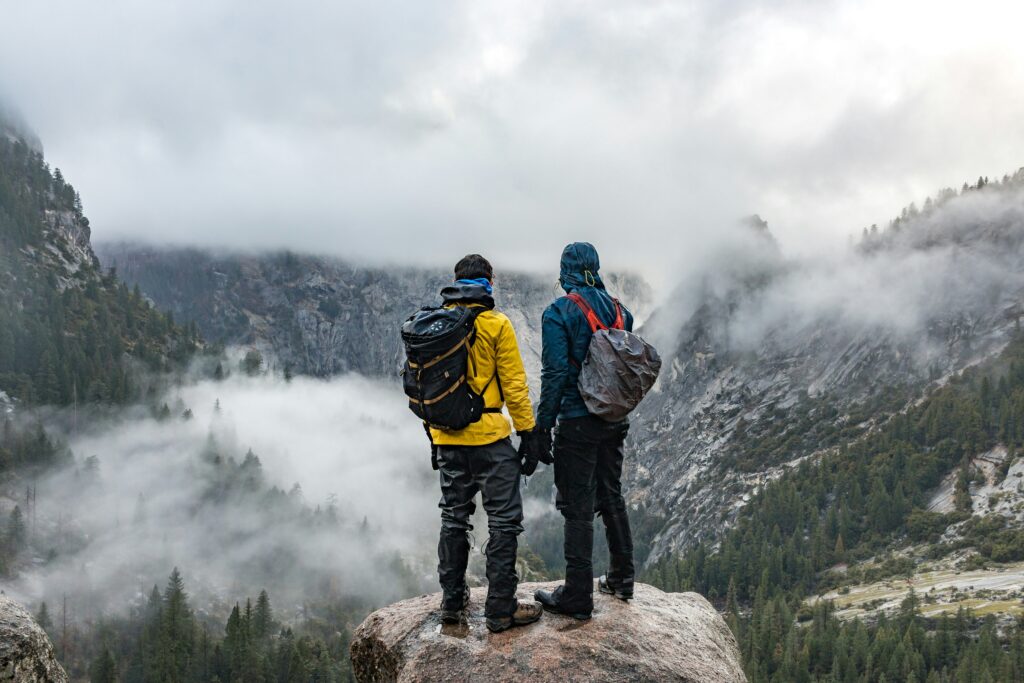
Finding your perfect outdoor activity match often requires experimentation and refinement beyond initial assumptions about your personality. Consider starting with “sampler” experiences—shorter versions of activities or guided introductions that let you test compatibility without major commitment of time or resources. Pay attention to not just whether you enjoyed an activity but which specific aspects resonated or created discomfort—sometimes minor adjustments can transform an uncomfortable experience into a deeply satisfying one. Periodically reassess your preferences, as personality aspects can evolve over time with age, life circumstances, and previous experiences expanding your comfort zone. The goal isn’t rigidly categorizing yourself but using personality insights as a starting point for discovering the richest possible outdoor experiences for your unique combination of traits.
The perfect outdoor adventure isn’t universal—it’s deeply personal, aligned with who you are and how you experience the world. By understanding your personality’s influence on your preferences and needs, you can make more intentional choices about your next outdoor thrill. Whether you’re seeking heart-pounding excitement, quiet contemplation, social connection, or creative expression, the natural world offers endless possibilities tailored to your individual temperament. The most fulfilling adventures aren’t necessarily the most extreme or Instagram-worthy, but those that resonate with your authentic self. As you explore options that align with your personality, you’ll discover not just activities you enjoy, but experiences that contribute to your sense of meaning, purpose, and connection to both the natural world and your truest self.

